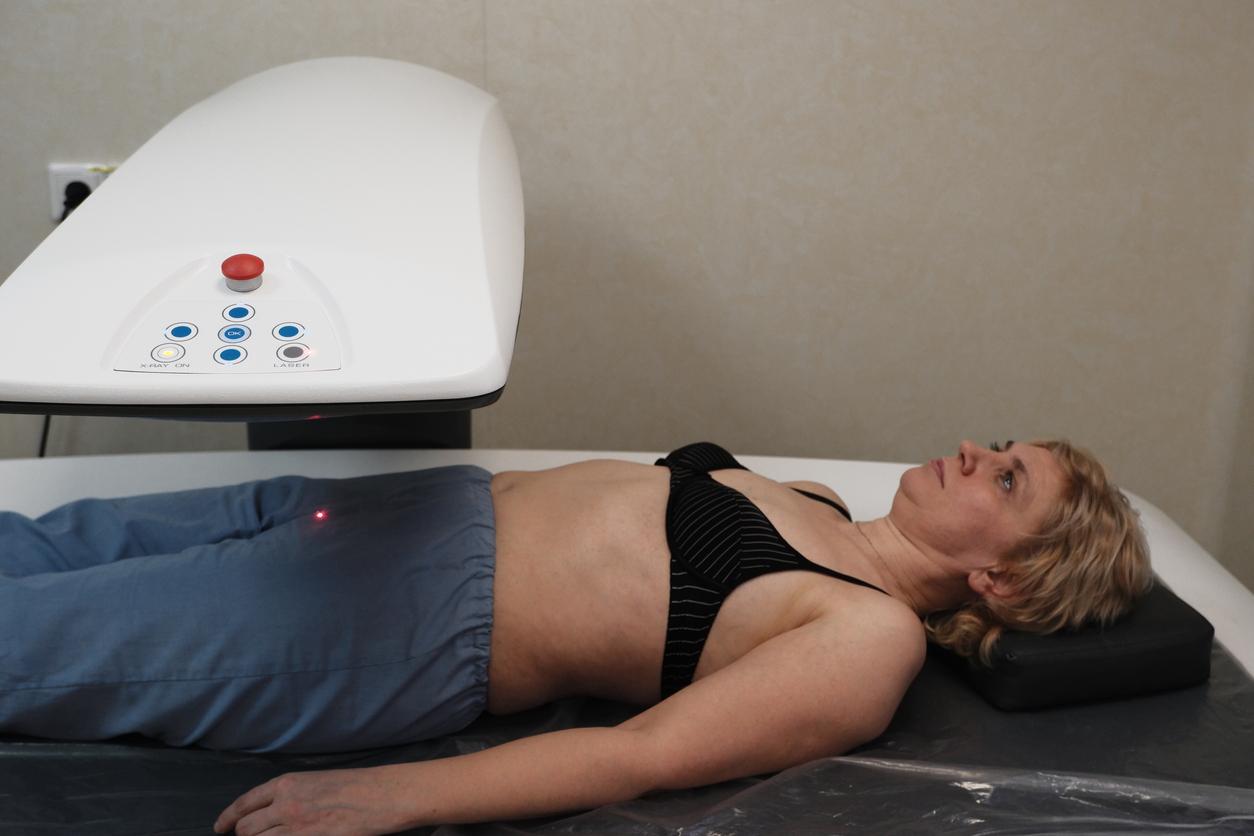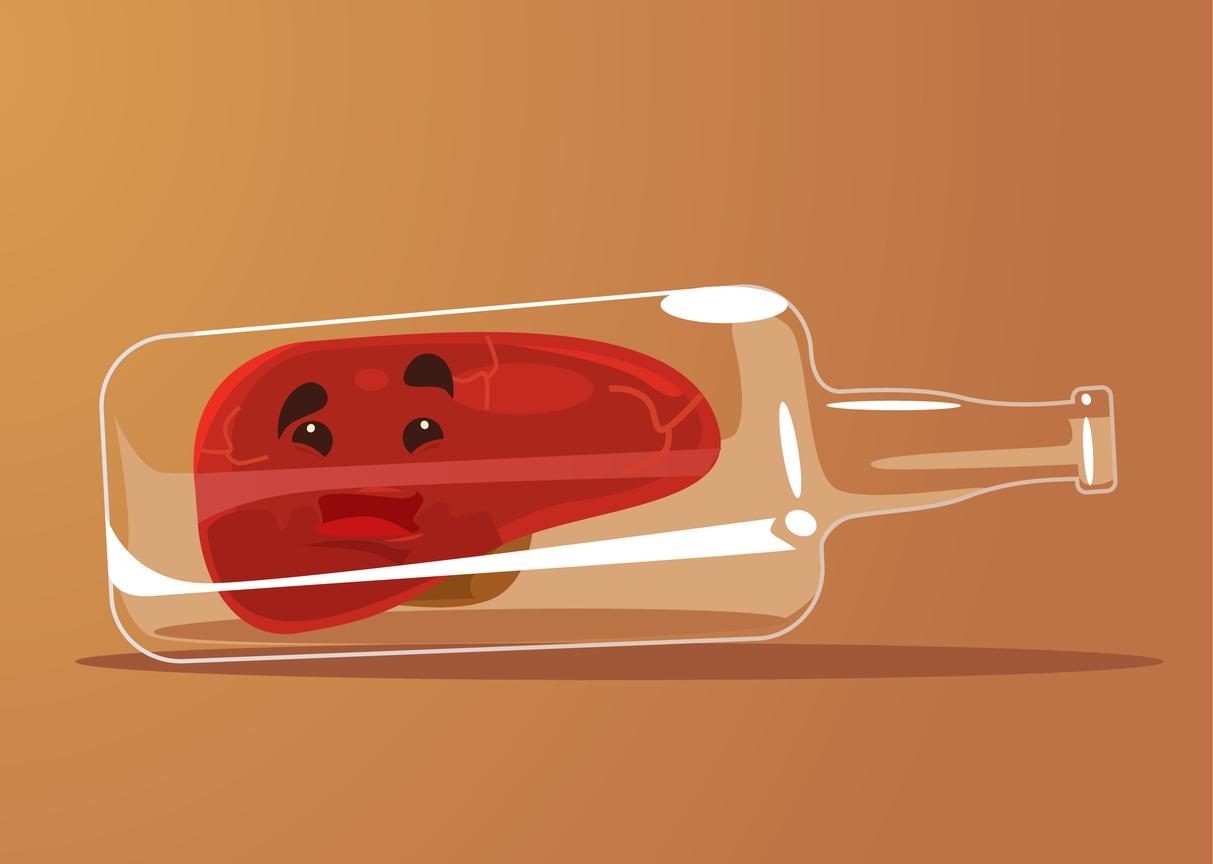People with diabetes are more likely to experience chronic pain such as back pain.

People with diabetes are 35% more likely to suffer from back pain (“lower back pain” or “lumbago”), according to a new Australian study. These conclusions, based on a meta-analysis of trials on the subject, have been published in PLOS ONE.
A strong link with obesity and lack of physical activity
“Diabetes, lower back pain and neck pain seem to be linked in some way. We can’t say how, but these results suggest further research into this link is warranted,” said Manuela. Ferreira, a professor at a bone and joint research institute. “Type 2 diabetes and low back pain both have a strong link with obesity and lack of physical activity,” she adds.
Previous studies had already shown that people with diabetes are more likely to experience chronic somatic pain, including shoulder, knee and spine pain.
Diabetes was not associated with neck pain
Eight studies were included in the meta-analysis, which showed that people with diabetes are more likely to report low back pain than other patients. In contrast, diabetes was not associated with the risk of developing neck or spine pain.
Many back pains do not give rise to a medical consultation and are not known to those who suffer from them (and those around them). This is why it is difficult to assess the number of patients suffering from low back pain. The prevalence of low back pain (over their entire life) in the adult population varies according to the studies from 66% to 75%.
550 million diabetic patients by 2025
Between 2000 and 2009, diabetes prevalence rate in France has continued to increase, and has even progressed faster than expected. In 2014, diabetes affected 422 million people worldwide (including nearly 5 million in France), whereas it only affected 108 million patients worldwide (800,000 in France) in 1980. According to the Organization World Health Organization (WHO) and the International Diabetes Federation (IDF), current forecasts announce 550 million diabetic patients for 2025 and 642 for 2040.

.

















